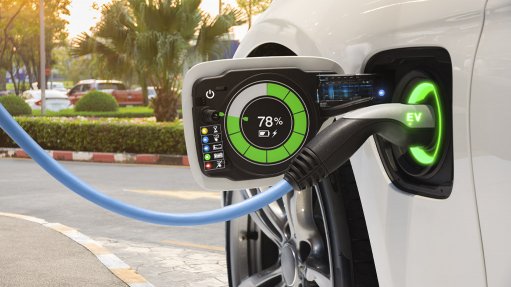
Naamsa | The Automotive Business Council has received nine bids from companies interested in rolling out public charging infrastructure for electric vehicles (EVs) in South Africa.
The council issued the request for bids in June.
According to the document, the successful candidate will provide direct charging (DC) infrastructure along the N1, N2 and N3 highways.
This candidate will be supported financially by the Automotive Industry Transformation Fund (AITF), “ensuring a positive business case in response to the growth of EVs within the South African market”.
To align to the AITF’s requirements, the winning bidder must be at least 51% black-owned, with its primary business operations to be within the South African automotive value chain.
The tender includes the possibility of establishing microgrids at the charging sites, which will feed the charging points with green energy, thereby negating the use of Eskom’s coal-generated electricity and the energy supplier’s propensity for load-shedding.
Payment should allow for credit cards, with the planned 20 to 30 sites to be at 100 km to 300 km intervals.
EV vehicle manufacturers and charging service providers previously each rolled out their own network of charging stations, often built to varying specifications, while also employing different payment systems.
“We are now going to provide charging infrastructure together as an industry,” says Naamsa | The Automotive Business Council CEO Mikel Mabasa.
“We have put all our money into one basket, to make sure we increase the scale and impact of the infrastructure we roll out.”
Mabasa notes that the nine parties who responded to the tender are a mix a local and international companies.
He adds that Naamsa is also engaged with the National Regulator for Compulsory Specifications to approve specifications for charging infrastructure, to ensure that all charging stations in South Africa function to a similar level.
Mabasa emphasises that more than 70% of EV owners charge their vehicles at home, but that a countrywide charging grid is needed for when this is not possible, such as during long-distance travel.